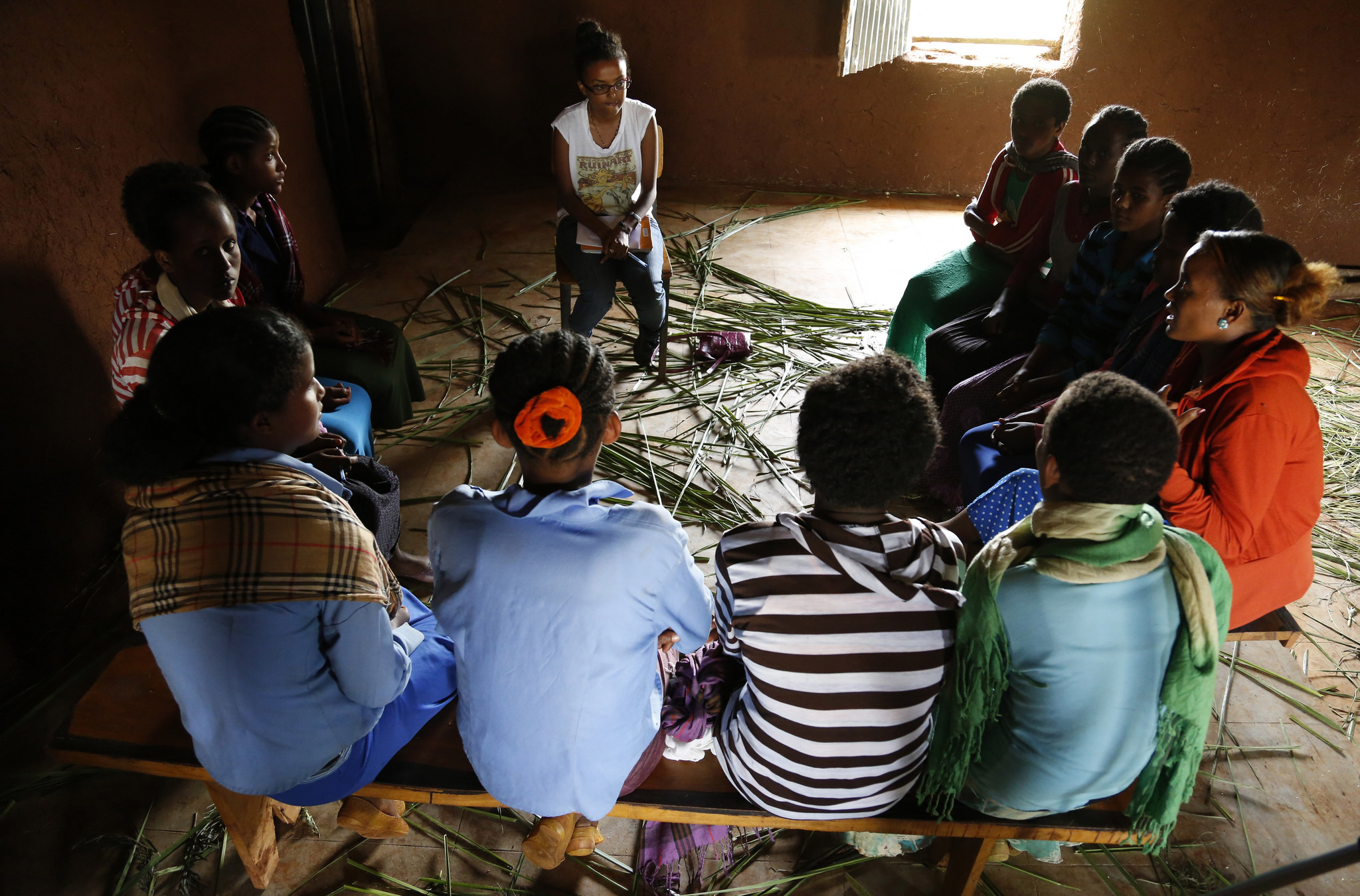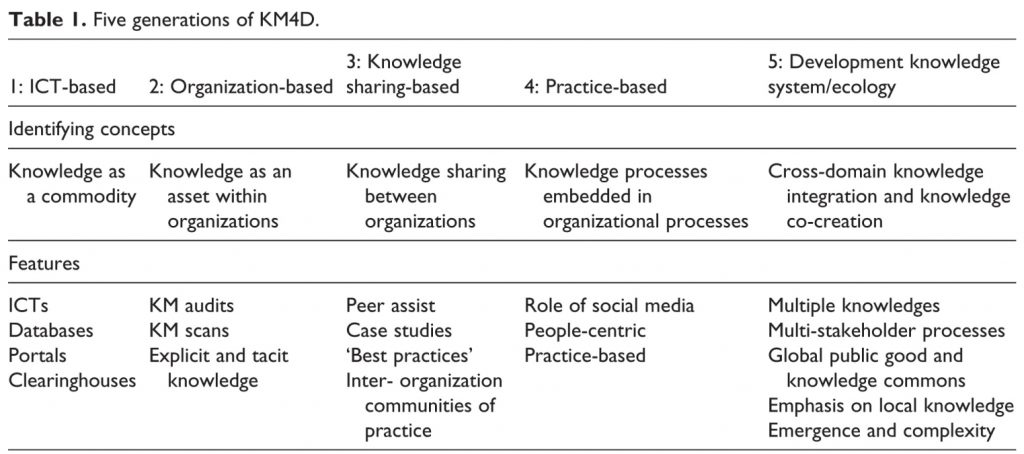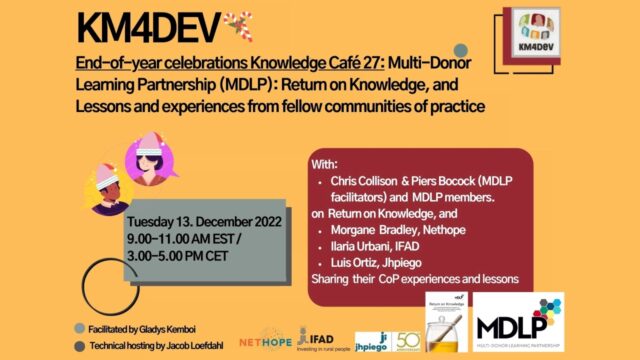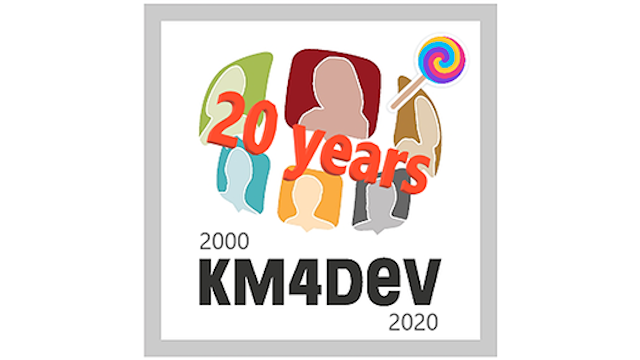
Re-assessing the practice of knowledge brokering
This article is part of an ongoing series of articles on KM in international development.
In a previous RealKM Magazine article, I talked about the use of “knowledge brokers” to help ensure that research is translated into practical outcomes, and that in turn research priorities and activities are informed by practitioner experience. Knowledge brokers have been used in sectors such as health, environmental management, and international development. They can be individuals or organisations, and formal or informal.
The act of connecting research and practice by knowledge brokers, and more generally by sectors such as international development, can be described as “knowledge brokering”. Based on a discussion group with experts and on recent literature, a new paper1 has considered the future of knowledge brokering in international development with the help of the conceptual lens of a generational framework for knowledge management for development (KM4D).
The authors report that while knowledge brokering plays a crucial role in international development, much of the research to date has focused on knowledge brokering between research, policy and practice, rather than looking at the wider implications of knowledge brokering. They alert that there is also currently an apparent complete absence of literature addressing the future of knowledge brokering in the sector.
Five generations of key KM4D perspectives, methods and tools have been conceptualised in the paper (Table 1), based on generations identified by authors from mainstream knowledge management (KM) and KM4D.

Proposing a more pluralistic, complex role of knowledge brokering
Based on their analysis, the authors have reached the conclusion that there needs to be a new systemic conceptualization of KM4D which brings together co-existing fourth and fifth generation KM4D in one integrated framework linked to the Sustainable Development Goals (SDGs). This recognises the universal framework of the SDGs, which are relevant at the level of organizations and society.
From this perspective, the authors consider that there needs to be a re-assessment of the practice of knowledge brokering. They state that knowledge brokering is currently conceptualised as a linear process of evidence being transferred from research to policy and practice, and argue that a more pluralistic, complex role of knowledge brokering needs to be recognised. They alert that the types of knowledge that will be involved in knowledge brokering in the future are likely to be highly diverse and more pluralistic than they are today, particularly given the rising importance of social media and the potential breakdown of some of the silos between different domains of development knowledge. In particular, it appears that the role of the private sector in knowledge brokering requires further investigation.
Article source: The future of knowledge brokering, perspectives from a generational framework of knowledge management for international development is licensed under CC BY-NC 4.0.
Header image source: The tipping point of change by DFID – UK Department for International Development is licenced by CC BY 2.0.
References:
- Cummings, S., Kiwanuka, S., Gillman, H., & Regeer, B. (2018). The future of knowledge brokering, perspectives from a generational framework of knowledge management for international development. Information Development, https://doi.org/10.1177/0266666918800174 ↩
- Cummings, S., Regeer, B. J., Ho, W. W., & Zweekhorst, M. B. (2013). Proposing a fifth generation of knowledge management for development: investigating convergence between knowledge management for development and transdisciplinary research. Knowledge Management for Development Journal, 9(2), 10-36. ↩
Also published on Medium.





